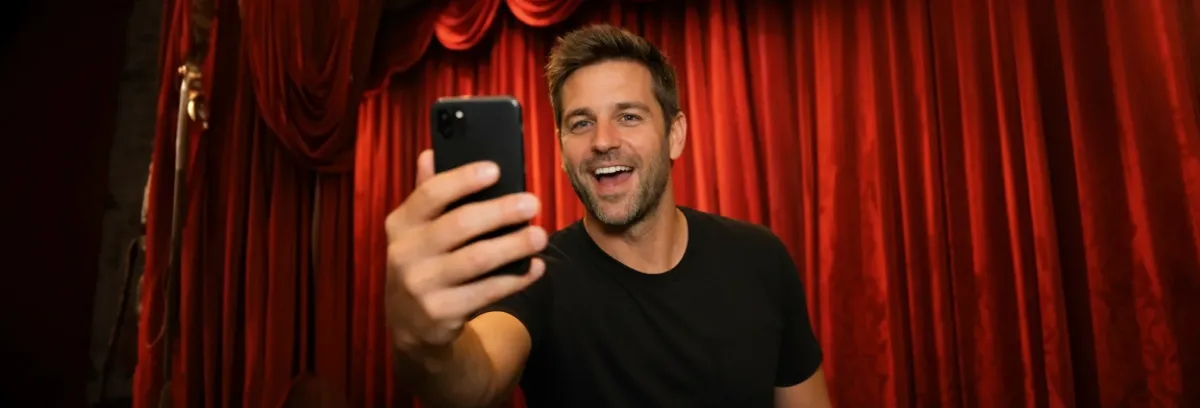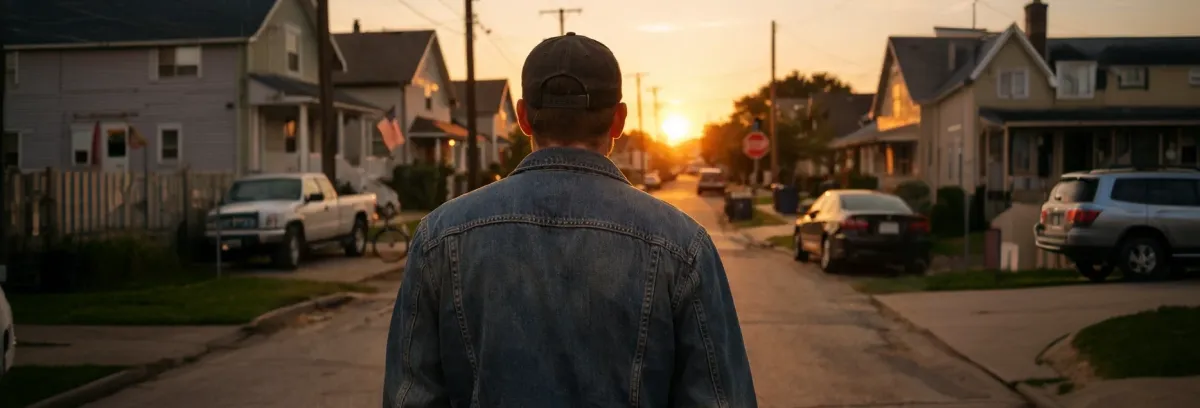When we're absorbed in a movie or TV show, it's easy to forget the amount of work that goes on behind the scenes to make it all happen. One of the most challenging tasks for actors is memorizing lines.
- How Long Does it Take Actors to Memorize Lines?
- How Many Lines Do Actors Have to Memorize a Day?
- How to Best Memorize Lines: Tips and Tricks?
- Best Methods to Learn Lines.
- What Is the Best Memorization Method?
How Long Does it Take Actors to Memorize Lines?
Unfortunately, there's no definitive answer to this question. The time it takes an actor to memorize their lines can vary greatly depending on their individual capacities. While some may be able to learn their lines in a matter of hours, others may need weeks of practice.
Another key factor in how long it takes to memorize lines is the type of scene being performed. In theatre, for instance, the stakes are high, and the actor only has one shot at getting it right. This requires great effort and precision, and actors may spend countless hours rehearsing to ensure they have their lines down pat. On the other hand, in movies and TV shows, actors have the luxury of taking multiple takes to get their lines right, but that doesn't mean they want to spend all day on set because someone can't remember their lines.
You might also be interested in:
- Miami Auditions,
- Commercials for Auditions,
- Open Casting Call in Dallas,
- Acting Auditions in San Antonio.
The length of the script and the number of personal lines an actor has can also play a significant role in how long it takes to memorize lines. For instance, some actors may only have a few minutes of screen time, while others may be present in every scene of an entire movie.
How Many Lines Do Actors Have to Memorize a Day?
Again when it comes to acting, the number of lines an actor has to memorize can vary greatly depending on the scene. Generally, there are usually no more than half a dozen lines per scene, and actors may only film a few scenes daily. However, this doesn't mean that line learning is an easy task that can be taken for granted.
Also Read: How to Become a Bridal Model?
In fact, there's often a lot of improvisation and word-changing that takes place on set. While it's important for actors to memorize their lines as written, there may be instances where changes need to be made to make the dialogue sound more natural or fit better with the scene. This can add an extra layer of difficulty to the already challenging task of memorizing lines.
How to Best Memorize Lines: Tips and Tricks
Actors have different methods for memorizing their lines. Here are some most effective tips and tricks to help with lines:
- Repeat lines over and over again, and read them out loud.
- Try to remember the dry text and later on add emotions.
- Use flashcards or other memory aids.
- Incorporate other exercises into the line-learning process.
- Create acronyms.
- Repeat lines with different rhythms.
- Record yourself and listen to the audio on repeat.
- Practice with a partner. It helps you to remember the lines more effectively and provide feedback.
- Break the lines down into smaller segments.
- Create mental images of the scene and the characters.
Regardless of the specific technique used, one thing is certain: memorizing lines is a crucial part of an actor's job, and finding a method that works for them is essential to their success.
Also Read: How to Become a Foot Model?
What famous actors say about their memorizing methods:
Jim Parsons
"I do note cards all week. And in Longhand, I write out all my lines again and again and again. And on the weekends, I drill them. I walk around with my note cards for each scene and do one scene at a time. And I'll go to my computer, and I'll type the whole scene out on my Word doc, then I'll go back, do the second scene, and type the whole scene out on a Word doc. It's maddening."
Robert Downey Jr.
"I would get it down to an acronym. So if there were a thousand words I had to remember, I would just remember the first letter of each, and I would put it on a piece of poster board, and then I would stand away from it . . . far enough away to where I can see it, but kind of can't see it (back when my vision was little more clear) and I would just run it and run it and run it…".
Best Methods to Learn Lines
- Read the entire script. Before employing any memorization techniques, it's important to read the entire script and familiarize yourself with the story and plot.
- Highlight your lines. Once you've read through the script, go back and highlight only your character's lines. This will help you focus on the specific parts you need to memorize.
- Write down your script. For visual learners, writing down the parts you struggle to remember can be an effective technique.
- Finally, practice your lines out loud. This is a well-known method for memorization and can be done with a fellow cast member, a trusted friend or family member, or simply by practicing in front of a mirror. Regardless of your specific technique, the key to successful line memorization is consistent practice and repetition.

What Is the Best Memorization Method?
There are four main types of learners: visual, auditory, kinesthetic, and reading/writing. Most people are a combination of these types, and it's important to find the best method for your individual learning style.
Also Read: How To Become A Model For Target?
When it comes to the best memorization method, the key is consistent repetition. While there are many tips and tricks that can be applied to aid in memorization, ultimately, going over the material repeatedly with your chosen method is what will lead to successful memorization.
In conclusion, while it may seem like an actor's job is simply to memorize lines and perform them, there is much more to it than meets the eye. The ability to learn lines quickly and accurately is just one aspect of an actor's job, and it takes a great deal of dedication and hard work to master this skill. However, the importance of an actor's job goes beyond memorization, as they bring stories to life on stage and screen, inspiring and entertaining audiences worldwide. The next time you watch something, take a moment to appreciate the skill and effort that goes into every aspect of an actor's job.



